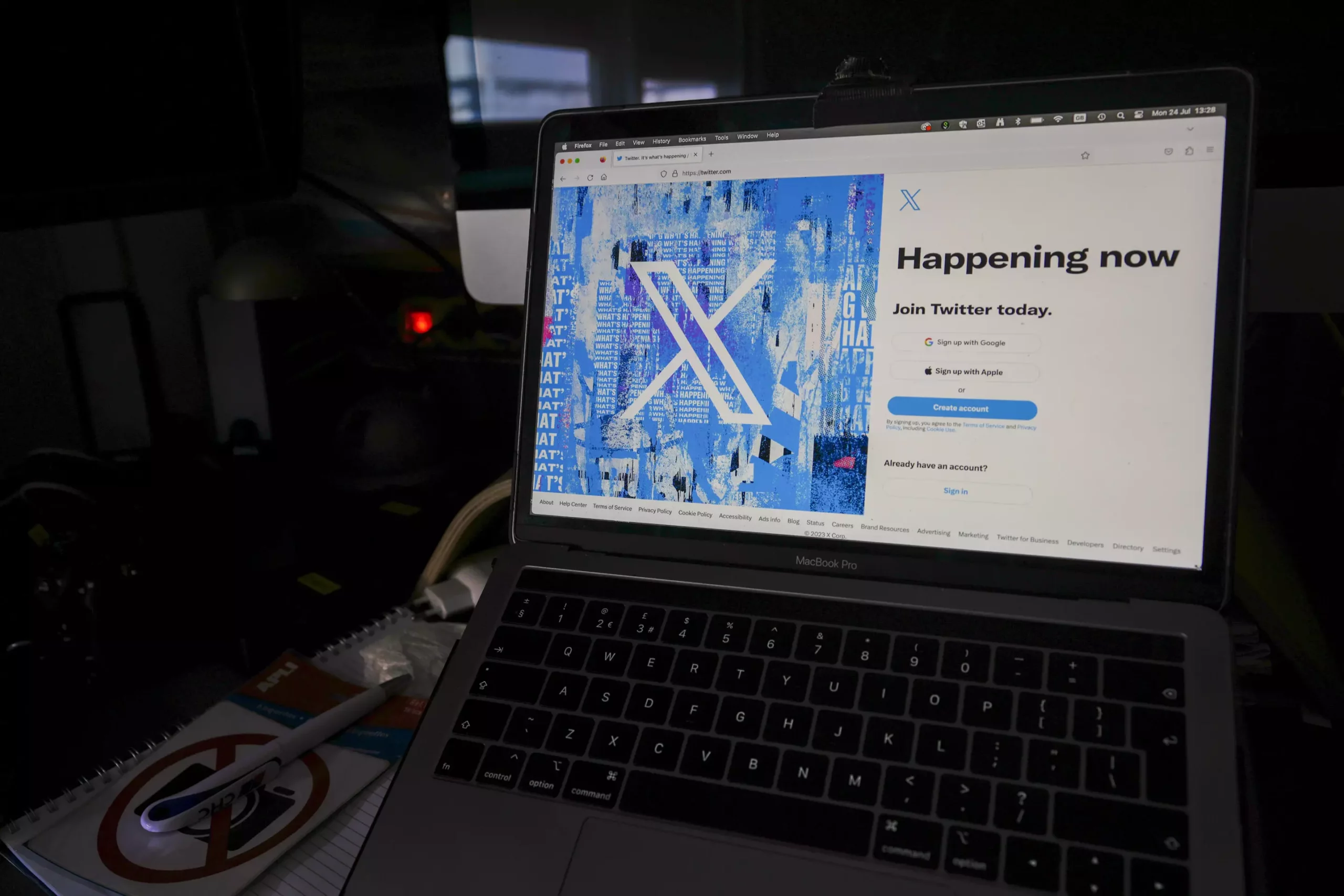The confrontation between Brazil’s judicial system and the American social media giant X, owned by Elon Musk, exemplifies a growing global tension surrounding social media governance, free speech, and the responsibilities that accompany technological advancements. Recently, Brazilian Supreme Court Justice Alexandre de Moraes imposed stringent conditions for X to reactivate its services in Brazil, reflecting a deeper conflict rooted in the country’s unique legal landscape, as well as ongoing debates regarding misinformation and online regulation.
Justice de Moraes’s assessment focuses not only on enforcing legal compliance but also on safeguarding Brazil’s democratic integrity from misinformation and far-right ideologies that may proliferate through platforms like X. His ruling, which blocks X’s operations until satellite internet provider Starlink—another venture of Musk—withdraws its appeals in the case, signifies a critical turning point. While X claims to act in favor of free speech, the Brazilian justice contends that both companies form a single economic entity, thereby making them jointly accountable for any misconduct.
Experts in Brazilian law have voiced skepticism about de Moraes’s categorization, speculating that merging the legal standings of two distinct entities might overreach judicial boundaries. Nonetheless, the ongoing judicial scrutiny has led to considerable fines exceeding $3 million levied against X, as well as further financial penalties recently established, indicating the severity with which the Brazilian judiciary addresses issues of compliance and accountability.
The narrative surrounding Musk and his operations in Brazil raises fundamental questions about free speech. Musk has openly criticized Justice de Moraes, labeling him an authoritarian for his judicial actions. This assertion taps into a broader, ideological discourse where advocates of unfiltered online speech clash with regulators aiming to mitigate the potential harms posed by misinformation and extremist rhetoric.
While Musk and his supporters champion the notion of unrestricted expression, critics argue that without responsible governance, platforms risk becoming breeding grounds for hate speech and misinformation. The rigidity of Brazilian law complicates this debate further, as the country’s guidelines on speech, particularly regarding the dissemination of harmful content, differ noticeably from those in the United States. Therefore, the struggle between Musk’s free speech advocacy and Brazil’s legal constraints remains emblematic of a larger, global discourse on digital responsibility.
X’s operational strategies have also emerged as a focal point in the conflict. The recent decision to reroute users via Cloudflare, an intermediary server, indicates an attempt to circumvent legal restrictions. However, this action inadvertently reignited discussions about internet governance and the ethical implications of using workarounds to maintain services in restricted regions.
In response to the mounting pressures, X issued statements emphasizing its commitment to protecting free speech while adhering to local laws. The company’s fluctuating policies—like the sudden removal of staff in Brazil—underscore the strategic dilemmas that arise when multinational corporations navigate the complex interplay between local regulations and global operational goals.
Looking forward, the path to reinstating X in Brazil is fraught with challenges. De Moraes’s stipulation that Starlink must withdraw its appeals serves as a significant barrier, which many observers believe prolongs the conflict unnecessarily. Meanwhile, as X and Musk contend with the difficulties posed by the Brazilian judiciary, the outcome remains uncertain. These developments raise critical considerations about the role of technology in society, regulatory intervention, and the extent of corporate responsibility.
The ongoing tussle between the Brazilian judiciary and Elon Musk’s X encapsulates larger global concerns about free speech versus accountability in the digital age. As the legal proceedings unfold, both stakeholders and observers will closely monitor the implications for digital governance and human rights, with the potential to set precedents beyond Brazil’s borders.

